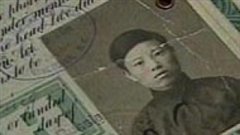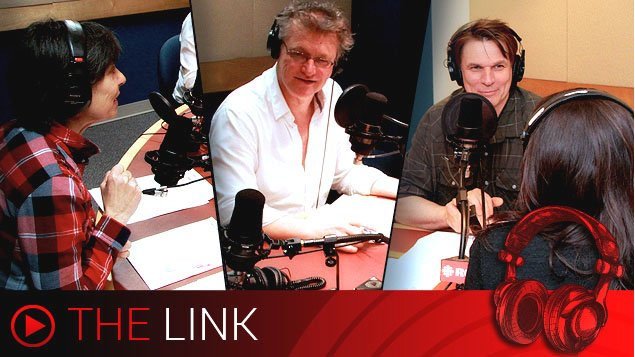This week your hosts are Wojtek Gwiazda and Marc Montgomery. Lynn is on vacation, with Carmel Kilkenny filling in.
ListenCanada’s National Farmers Union is upset that a genetically modified alfalfa seed has been approved for sale in Canada.

Alfalfa is one of the most common filed crops, used mostly as feed for livestock.
The NFU says it fears loss of markets, especially in Europe, of sales of seed, and if animals are fed GM alfalfa which would negate their organic status.
They also say that GM plants could easily spread into non-GM fields, again negating organic status for non-GM farms. There are also concerns about patent control of seeds and possibly seed supply, and of increased costs.
Ann Slater farms a small acreage near Stratford in southwestern Ontario with vegetables and sheep. She is a spokeswoman for the NFU.

Canada has rules about who they sell military hardware to, and the same goes for the US and many other countries.
Canada for example can’t sell military items to another country if that country is deemed to violate human rights, or if a variety of other security concerns are raised.
This week however, Wojtek tells us that there is a loophole in Canadian law that would allow Canadian military hardware to end up in countries which would ordinarily not be able to purchase such hardware directly from Canada.
Wojtek spoke to Project Ploughshares Senior Program Officer Kenneth Epps about this latest sale and concerns about where Canadian military equipment is ending up.
For decades Chinese immigrants were brought to Canada as cheap labourers, but they were not welcome.

Also for decades, they were discouraged from coming with a so-called “head tax” which started at $50 but rose to $500 in an effort to keep them out.
Some 90 percent of Chinese immigrants to Canada came through the port of Vancouver, in west coast British Columbia, Many stayed in the province and the British Columbia government has just offered an official apology for historical wrongs to the Chinese community.
Carmel spoke to Victor Wong, executive director of the Chinese-Canadian National Council, about why his group wants financial compensation to descendents and why the CCNC has rejected the BC apology
The full version of these stories, and many others are in the highlights section of the site.







For reasons beyond our control, and for an undetermined period of time, our comment section is now closed. However, our social networks remain open to your contributions.